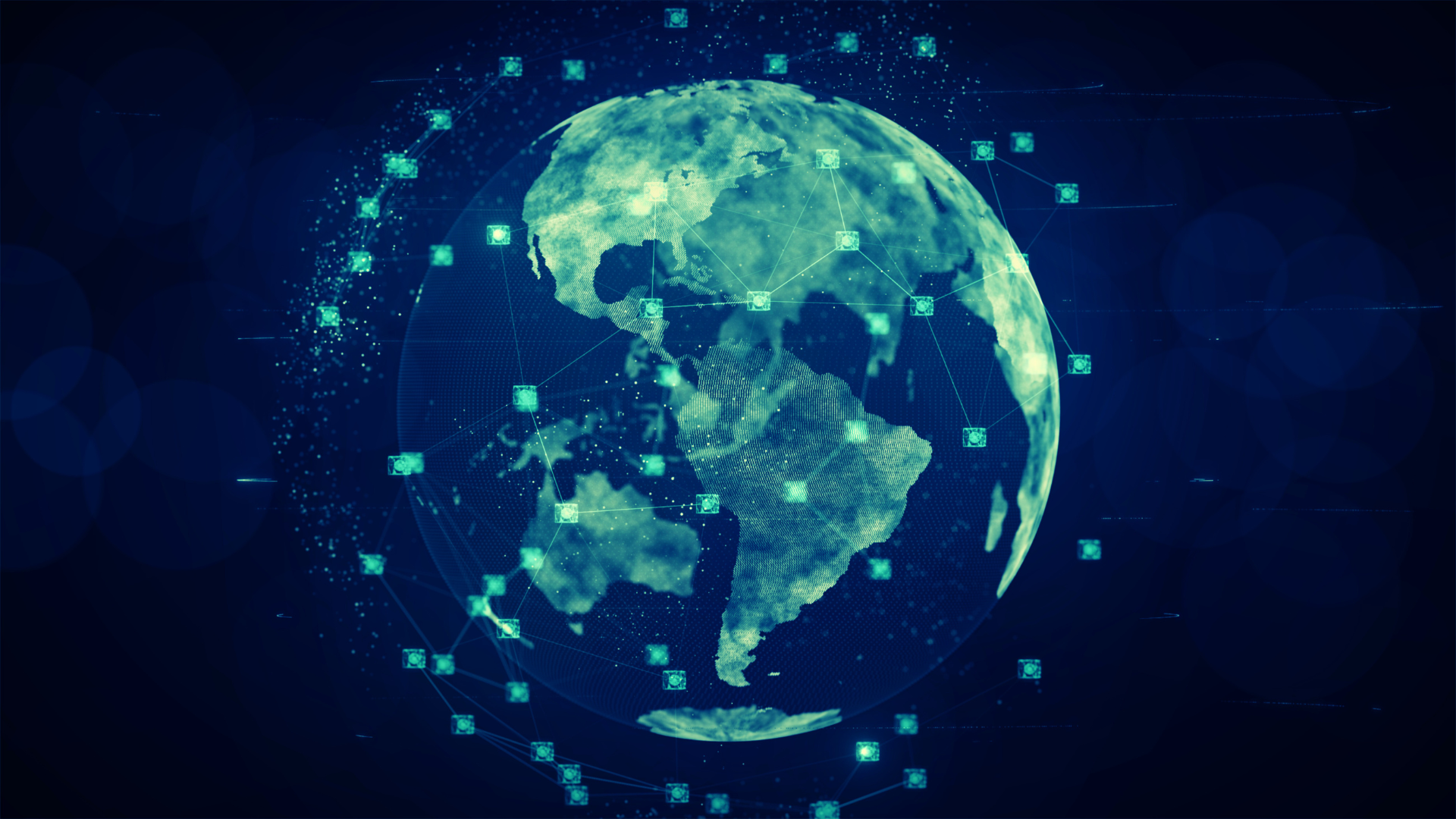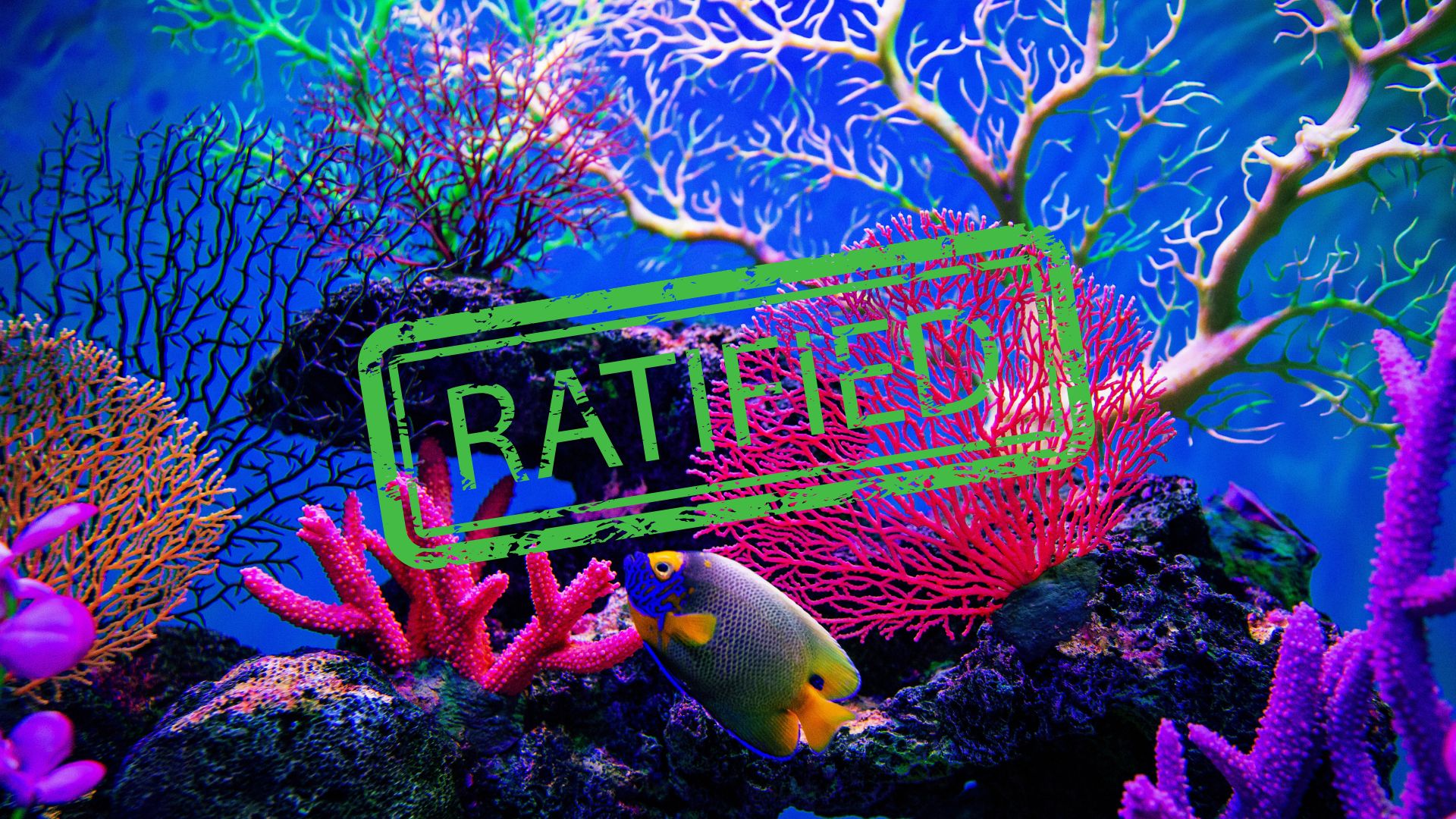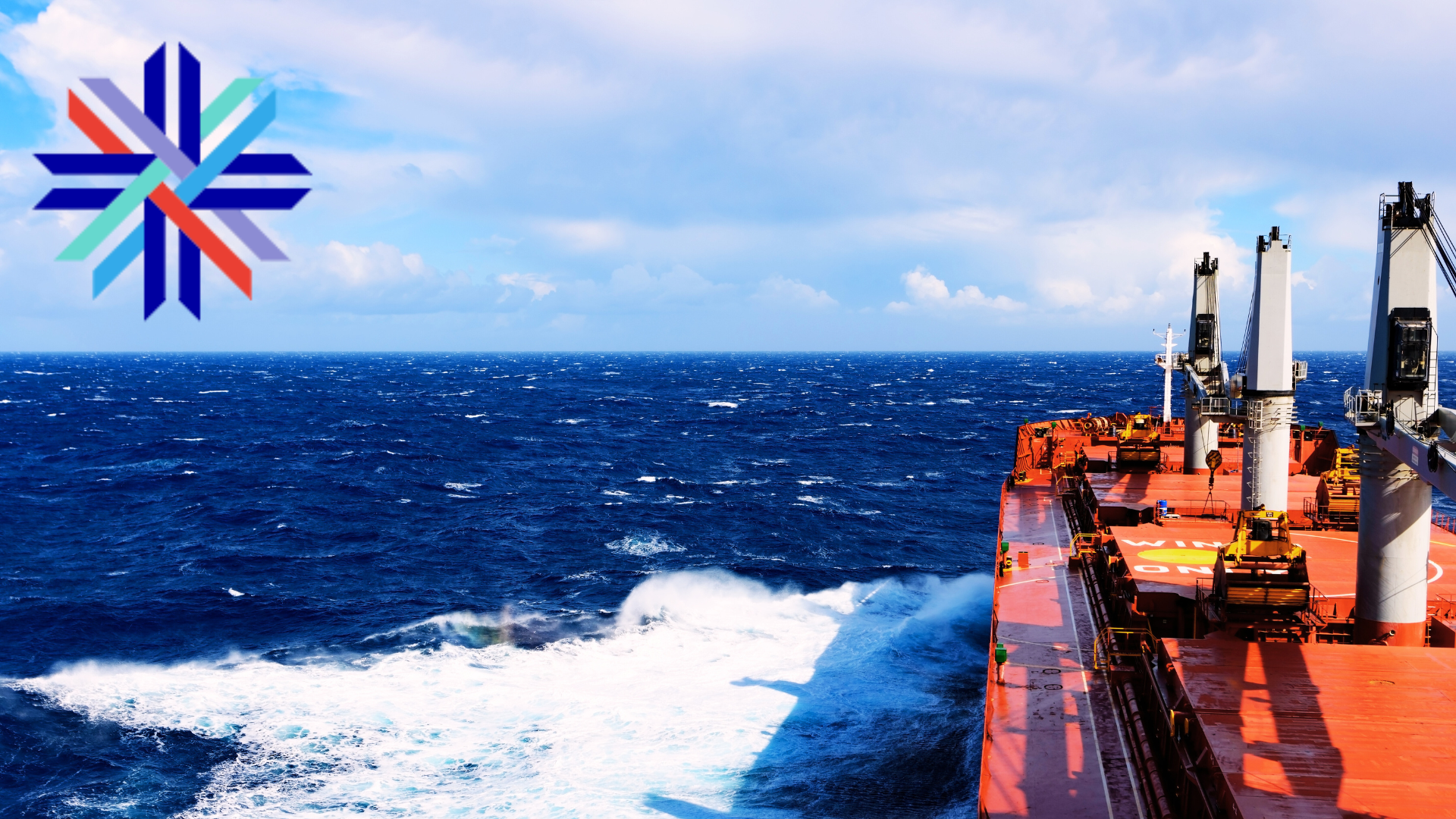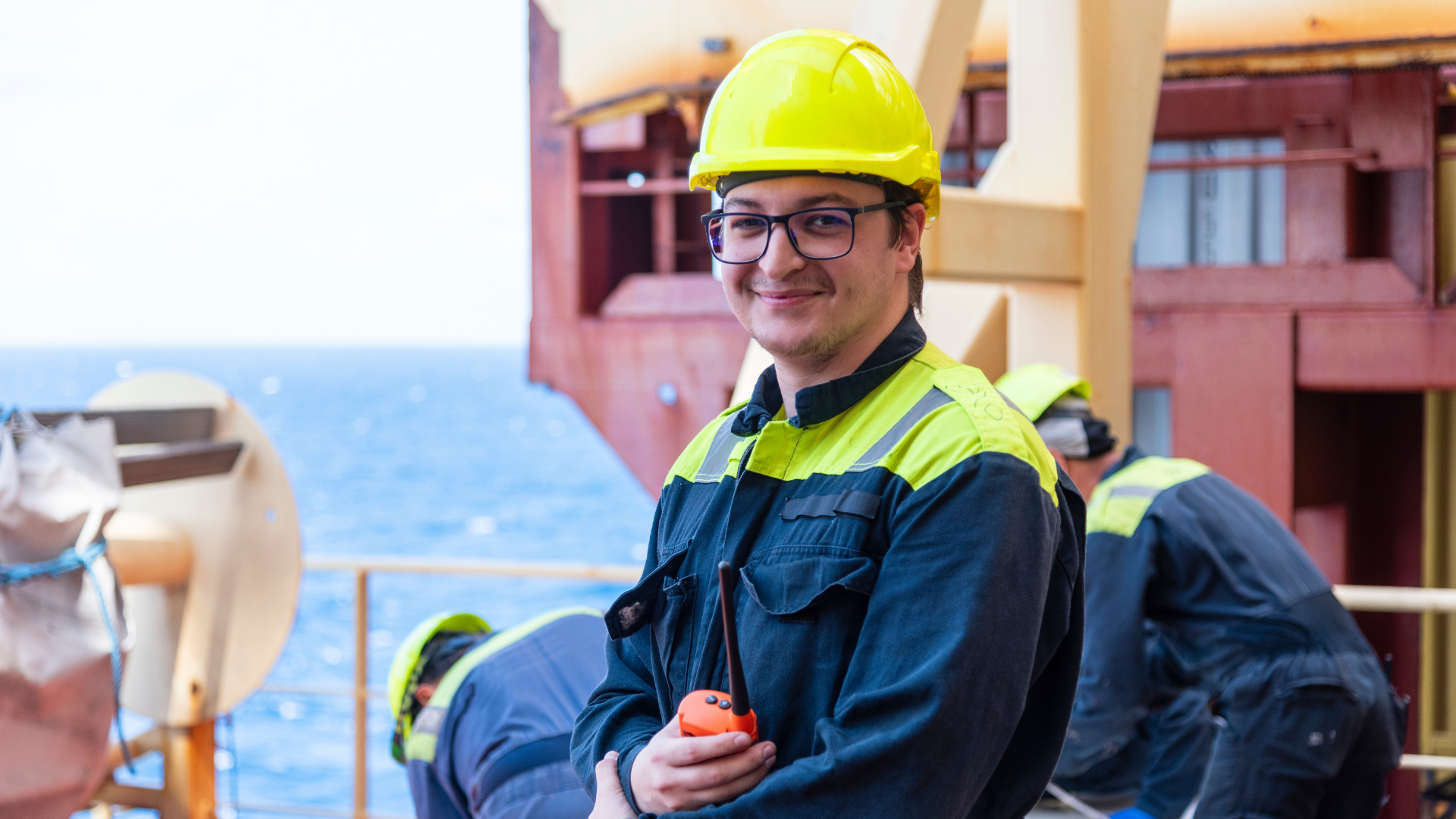Forced and Child Labor Abuses Found in 75% of Lithium Battery Supply Chains

About three in four of the planet’s lithium-ion battery supplies are at risk of being banned in the U.S. and other western nations because of abuses of forced and child labor.
Infyos, an artificial risk assessment specialist based in the U.K., said its research revealed that 75% of lithium-ion battery suppliers employ supply chains that use one or more companies facing allegations of severe human rights abuses. Most of the worst of the companies are based in China.
The company noted that BEV and battery manufacturers work with complex supply chains, sometimes with more than 10,000 suppliers across their network, from mines to chemical refineries and automotive manufacturers. It finds human rights abuses frequently occur upstream in the supply chain, notably at the raw-material mining and refining stages, making it difficult for companies purchasing batteries to identify their supply chain risks.
Sarah Montgomery, Infyos co-founder and CEO, said: “The relative opaqueness of battery supply chains and the complexity of supply chain legal requirements means current approaches like ESG audits are out of date and don’t comply with new regulations. Most battery manufacturers and their customers, including automotive companies and grid-scale battery energy storage developers, still don’t have complete supply chain oversight.”
Most of the allegations of abuses involve companies in China that are mining and refining raw materials that end up in batteries around the world, particularly in northwest China where the battery, automotive and solar industry has already been hit with public allegations of widespread forced labor from journalists, government agencies and non-profit organizations.
.gif)








.svg)
.svg)
